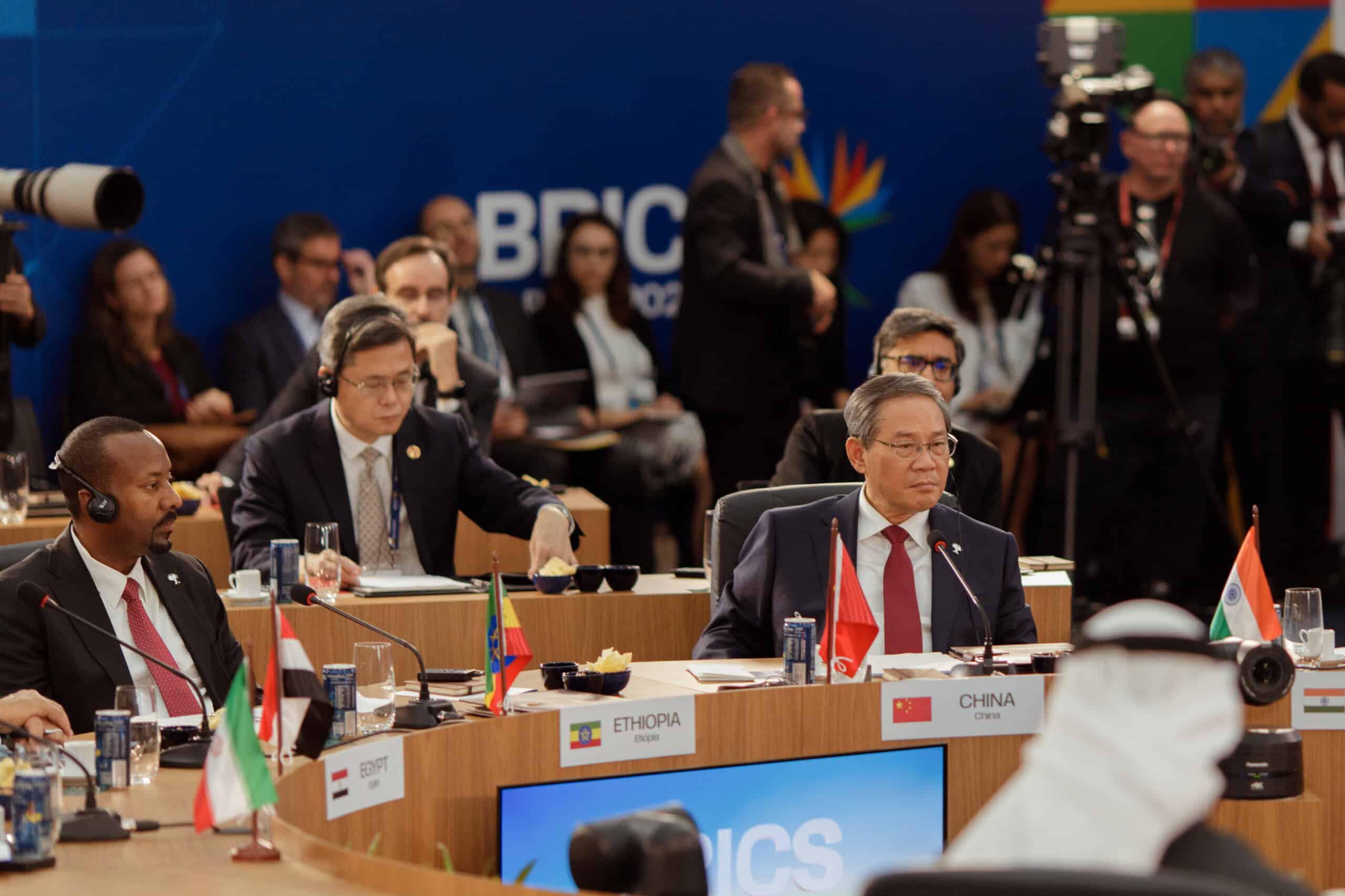Good evening. You may have noticed a small news item recently involving the state of Georgia, a battery factory, and the possibility President Biden will overturn a U.S. International Trade Commission ruling. Well, that news story gets infinitely more interesting after you read this week’s cover story, which explains in fascinating detail why the U.S. is (and has been) in such a battery manufacturing pickle. Elsewhere, we have an interview with General (Ret.) Joe Dunford, the former Chairman of the Joint Chiefs; an examination of China’s deepening relationship with the U.A.E.; an op-ed about why the U.S. still has the upper hand in the chip competition; and a look at how China’s “dual-circulation” strategy could send shockwaves throughout the world. If you’re not already a paid subscriber to The Wire, please sign up here.
Want this emailed directly to your inbox? Sign up to receive our free newsletter.
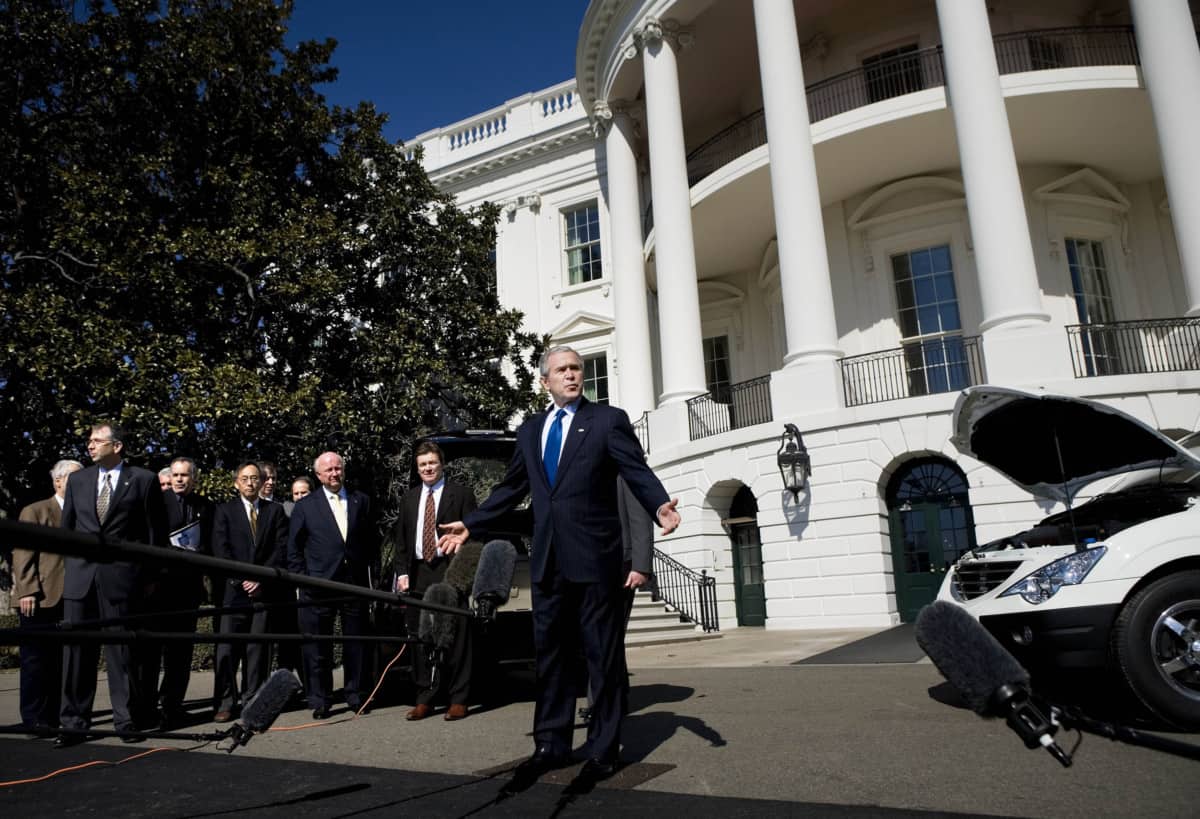
Credit: Brendan Smialowski/Getty Images
Charged Up
Lithium-ion batteries are so ubiquitous and critical to modern day life that they have been called the “new oil.” And yet, the U.S. doesn’t have any homegrown battery manufacturers; South Korean, Japanese and (especially) Chinese companies dominate the industry. In fact, the last time the U.S. government tried to foster domestic battery manufacturing, its star company, A123 Systems, ended up being scooped up by a Chinese conglomerate for a bargain basement price. Now, with an electric vehicle revolution within sight, Tim De Chant looks at A123’s story and the current American battery landscape to ask if the Biden administration can avoid that same fate.
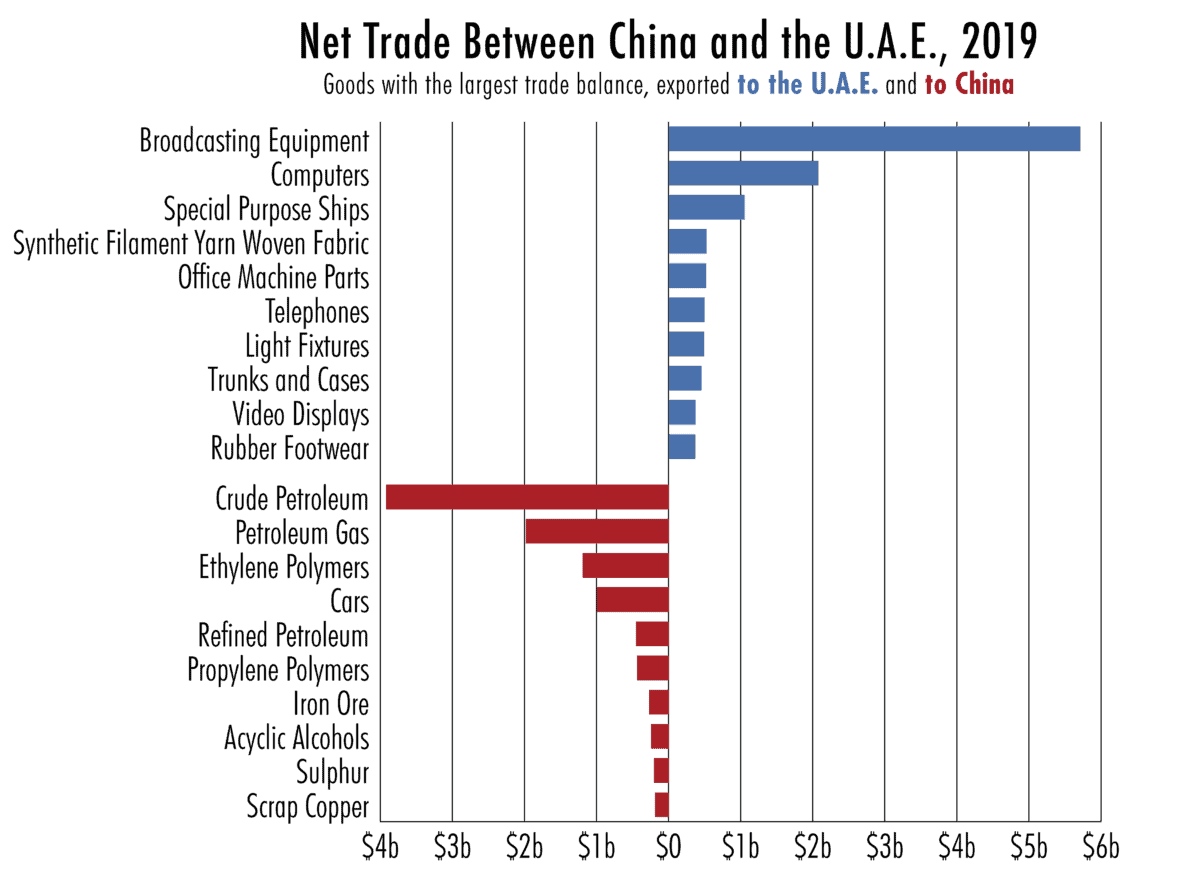
The Big Picture: China & the UAE
In late March, the West sounded the alarm over China’s $400-billion deal with Iran, worrying that the United States was losing influence in the region to China. But observers have largely overlooked China’s deepening relationship with the United Arab Emirates. As this week’s Big Picture shows, the United Arab Emirates and China have close ties that reach beyond a mutually beneficial economic relationship.
A Q&A With Joe Dunford

General (Ret.) Joe Dunford served as the 19th Chairman of the Joint Chiefs of Staff, from 2015–2019. In this week’s interview with Chris Li, he talks about the military dimension of the China competition, including Taiwan, AI, and why it’s so alarming that the mil-to-mil relationship between the two countries has gone south.
Joe Dunford
Illustration by Lauren Crow
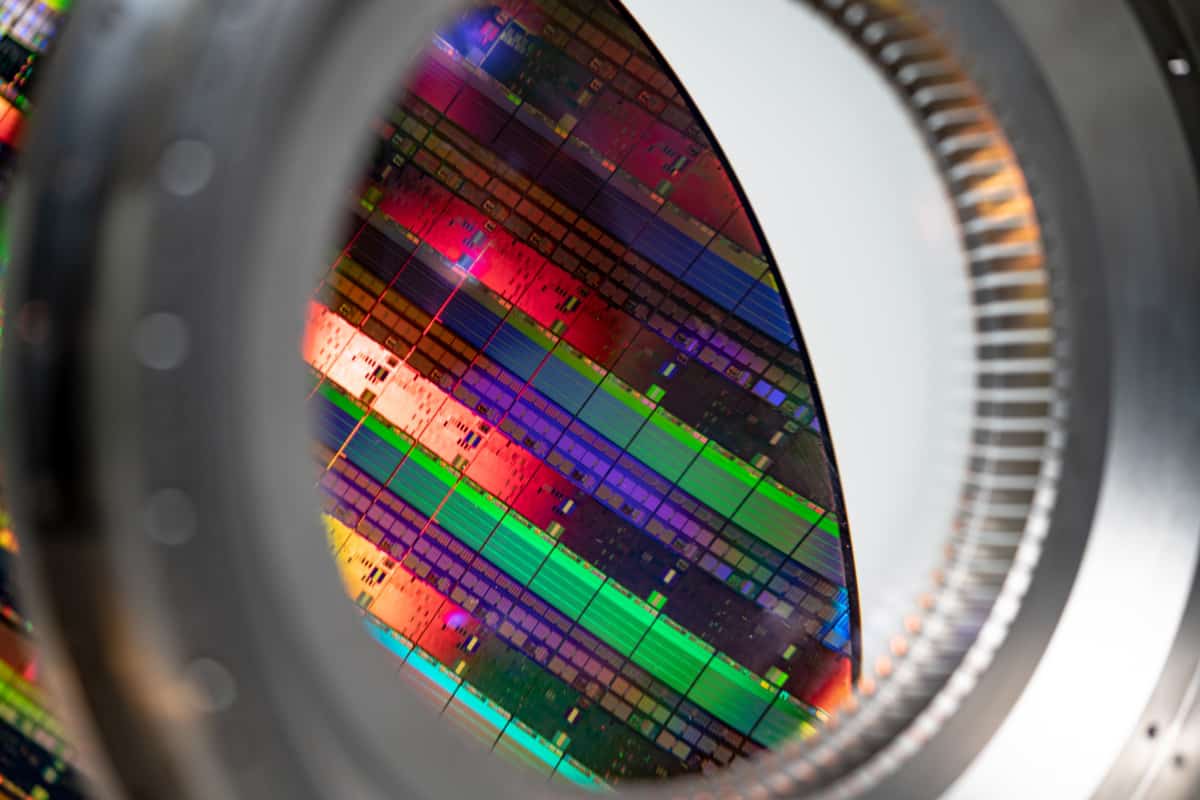
Credit: ASML
How to Win the Chip Wars
In his first press conference as president last month, President Biden said that his administration’s approach to China was not confrontation but “steep competition.” In this op-ed, Kevin Xu explains why he thinks the U.S. has the upper hand in this competition. Using semiconductors as his primary example, Xu argues that “America’s problem is mostly a money and priority problem. China’s challenge is the kind that money can’t buy to solve, no matter how clear the priority is.”
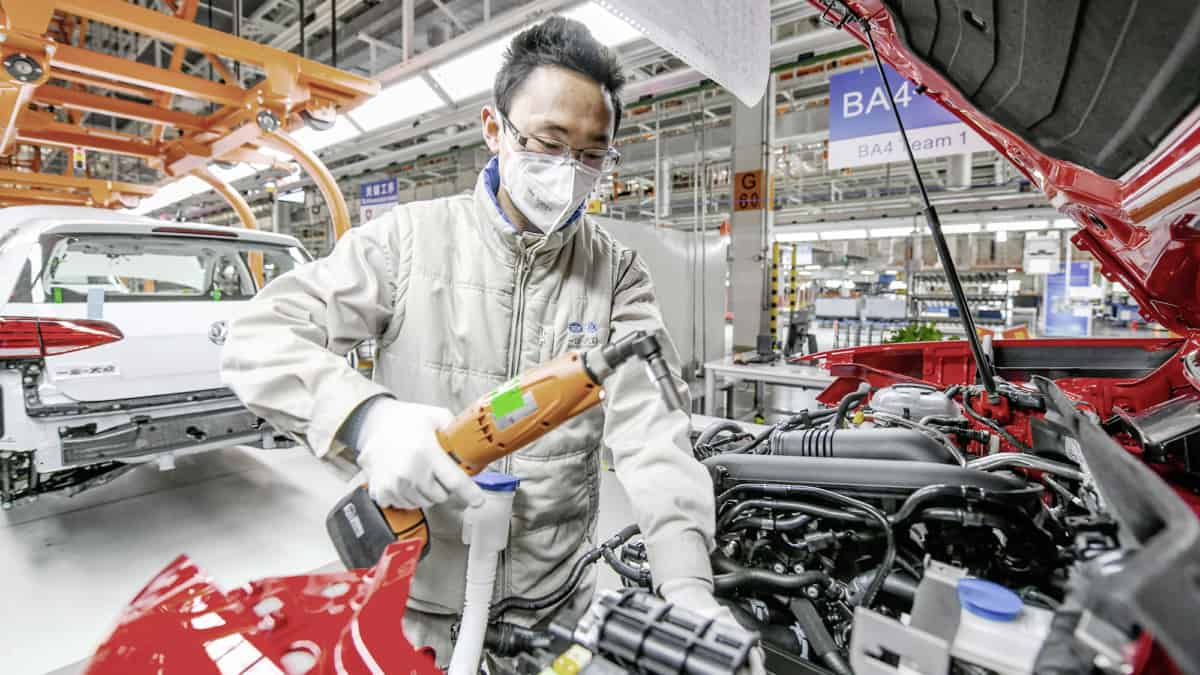
Credit: Volkswagen
The New China Shock
In its quest to be more self-reliant, China is shifting to a “dual-circulation” strategy. Instead of operating as a single economy that is linked to the world through trade and investment, the country is fashioning itself into a bifurcated economy: one realm (“external circulation”) will remain in contact with the rest of the world, but it will gradually be overshadowed by another one (“internal circulation”) that will cultivate domestic demand, capital, and ideas. The strategy, Mark Leonard argues in this op-ed, raises the specter of a new “China shock” that could dwarf the impact of the first one, which struck Western economies after China’s accession to the World Trade Organization in 2001.
Subscribe today for unlimited access, starting at only $19 a month.


